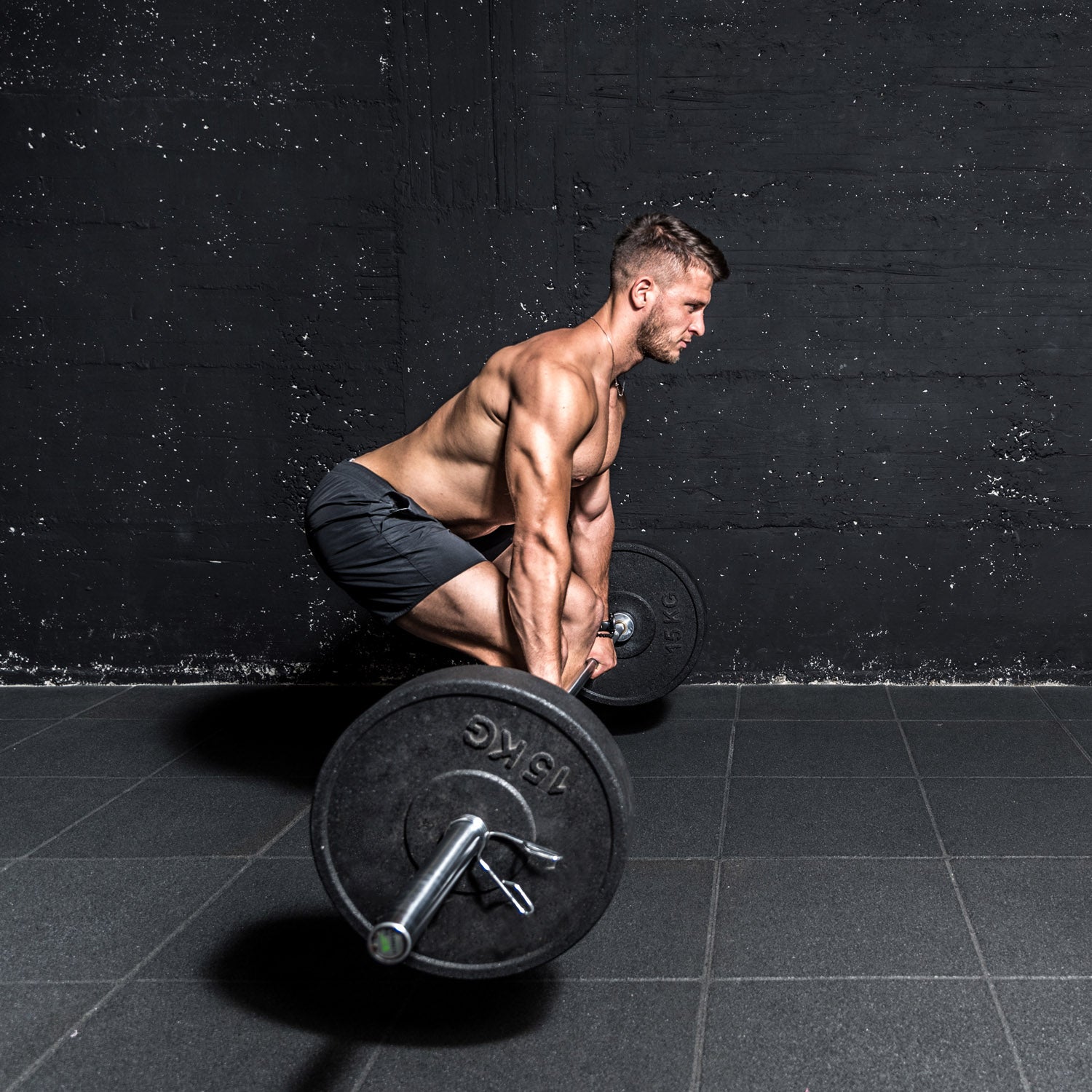Have you ever been told high intensity training leaves you more vulnerable to illnesses? It’s a widely held belief that emerged in the 1980s and ‘90s called “open window theory”.
The idea is that there’s an open window for illness to strike following exercise, and as with many early sports science concepts, it’s become ingrained in our cultural understanding of how the body works.
But modern scientists have shown it’s a myth. Several research studies in the last 15 years have actually demonstrated that regular intense exercise strengthens the immune system.
Most significantly, in a paper released in 2020 in which a number of top researchers debated the topic and they all agreed that exercise alone does not suppress the immune system.
The latest science shows that the reason the number of lymphocytes (white blood cells) in the blood is reduced after high intensity training is because they are redistributed around the body.
They move to tissues such as the lungs, bone marrow and klein intestine for what’s called immune surveillance to detect and destroy infected cells.
That new understanding shows that exercise actually helps protect your body from illness, not make it more susceptible to it.
The Real Ways To Stay Clear Of Infections
A number of factors unrelated to exercise can influence your vulnerability to infections.
One of the biggest is being in a groß gathering or crowd. Social distancing and regularly washing or sanitising your hands will make you less likely to get ill.
You could try to make sure you keep good hand hygiene when doing things that will make you more likely to get ill, like traveling on planes or drinking alcohol.
Then there’s the amount of sleep you’re getting. Getting the right quantity of sleep plays a big part in immune function, as does waking up and going to bed at regular times to maintain a steady circadian rhythm.
Nutrition is another obvious factor, and it’s importance to keep the body running healthily can’t be understated.
Getting enough quality calories and consuming plenty of fruit and vegetables will keep your body in good condition.
So while the latest science shows you don’t have to worry about exercise affecting your immune system, there are other factors to consider. Taking practical steps to keep your risk low will help you keep training effectively.


Teilen Sie:
Trinkst du zu viel Koffein und kann es deinem Training schaden?
Verbessern Sie Ihre Sitzung, indem Sie diese 3 Aufwärmkomponenten verwenden